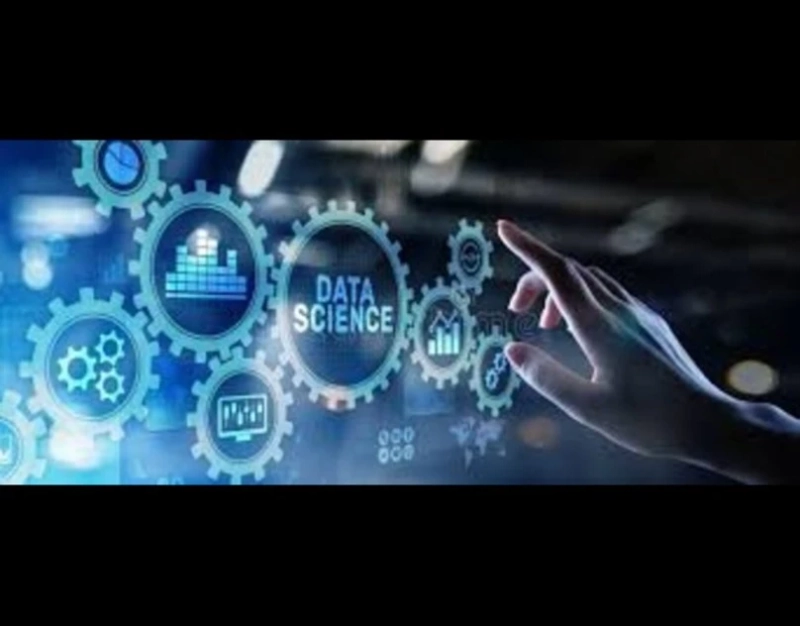Introduction
Data science is transforming the healthcare sector by facilitating more precise diagnoses, tailored treatment strategies, and streamlined healthcare administration. By utilizing sophisticated analytics and machine learning techniques, healthcare practitioners can leverage data to enhance patient outcomes and optimize operational efficiency.
Data Science in Healthcare Sector
- Analysis of Patient Data: Digital Health Records include an enormous quantity of patient data. Data science approaches are utilized to analyze these records in order to identify patterns and trends, hence facilitating the prompt detection of diseases and the optimization of therapy.
- Predictive Analytics for Illness Prevention: Predictive models can anticipate illness outbreaks and predict instances where patients may need to be readmitted. Through the examination of past data, healthcare providers can implement preventative strategies to prevent diseases and decrease the number of hospital readmissions.
- Individualized Treatment Plans: Utilizing data science, physicians can develop tailored treatment plans by considering a patient\'s genetic composition, lifestyle, and more variables. This technique guarantees that patients receive the most efficient therapies customized to their unique requirements.
Case Studies
Example 1: Application of Predictive Analytics in Cancer Treatment Predictive analytics is employed to enhance the efficacy of cancer treatment. Through the analysis of patient data, researchers can determine the therapy procedures that yield the most efficacy for various forms of cancer. Consequently, this has resulted in the development of more precise therapeutic approaches that enhance the likelihood of achieving good treatment outcomes.
Example 2: Using wearable technology for health monitoring. Data science techniques are utilized to evaluate this data in order to monitor vital signs, identify anomalies, and notify users about potential health concerns. For example, wearable devices can identify abnormal heart rhythms and alert users to seek medical assistance prior to a critical incident.
Future Trends
For healthcare to progress in the future, it is essential to combine AI with machine learning. Improved diagnostic accuracy and predictive power will result from the ongoing development of these technologies.
Data science will play a leading role in healthcare advancements, ranging from AI-powered robotic surgery to continuous health monitoring.
Conclusion
Data science is revolutionizing the healthcare industry by enhancing efficiency and tailoring it to individual needs. If you are interested in a career in this rapidly changing industry, Learnbay provides the top data science courses in Bhubaneswar. These courses provide students with the essential skills to flourish in healthcare data science and make valuable contributions to life-saving technologies.
(Source: https://medium.com/@akkashhhh9/data-science-in-healthcare-e76d68e78d9b)



